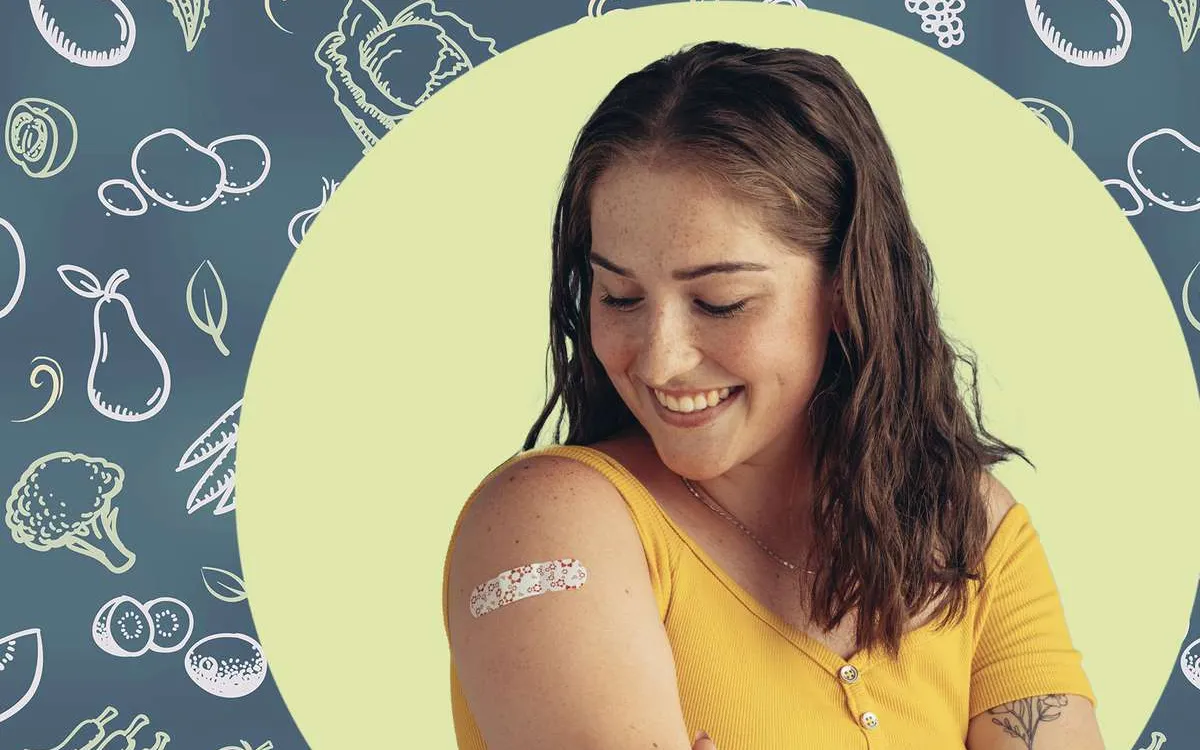
Every year, it is estimated that at least 46 million Americans contract the regular seasonal flu. While some cases can be mild, others may lead to severe health issues. As flu season approaches, it’s crucial to prepare, and one of the best ways to bolster your immune system is by getting a flu shot. Experts recommend that the ideal time for vaccination is during the fall season, as this helps protect you before the virus becomes widespread with the onset of colder weather.
According to Dr. Jonathan Yadlosky, the flu shot, combined with proper hygiene practices such as hand-washing, serves as one of our best defenses against this highly contagious virus. Patricia A. Stinchfield, RN, M.S., CPNP, emphasizes that everyone aged 6 months and older should receive an annual flu vaccine. By getting vaccinated, you not only safeguard your own health, but also protect those around you, including family, coworkers, and friends, especially during holiday gatherings.
If you’re hesitant about getting a flu shot due to concerns about post-shot pain, we’ve compiled some helpful strategies to ensure you feel your best before and after your vaccination. Here’s a pre-shot starter pack to help you get ready:
One simple yet effective strategy is to drink an additional 16 ounces of water per day. Dr. Yadlosky advises that you don’t need to radically change your diet; instead, focus on maintaining a balanced diet while slightly increasing your hydration. Staying well-hydrated is essential for your overall health, especially leading up to your flu shot, as dehydration can elevate the risk of fever, a common side effect of vaccinations.
To make it easier to meet your hydration goals, consider carrying a water bottle with you, infusing your water with fruits or herbs for added flavor, or incorporating hydrating foods like cucumbers and oranges into your meals. Aim for at least an extra glass or two of water each day as you approach your flu vaccine appointment.
While no single ingredient can prevent illness, consuming anti-inflammatory foods can significantly enhance your immune system's ability to fight off viruses and bacteria. According to Roxana Ehsani, RD, CSSD, adopting an anti-inflammatory diet can reduce inflammation in your body both before and after your vaccination. This dietary approach not only supports your immune system but also lowers the risk of chronic diseases such as heart disease and diabetes.
To incorporate more anti-inflammatory foods into your diet, focus on fresh fruits and vegetables, healthy fats like fish and nuts, and whole grains. These nutrient-rich foods can also provide comfort during the colder months, helping you to manage any pre-shot stress while keeping you nourished.
It’s a common misconception that the flu vaccine can cause flu illness. In reality, flu activity typically starts peaking in October and November, making it an ideal time to bolster your immune health with nutrient-rich meals. Stinchfield encourages you to prioritize colorful foods on your plate, as they are packed with essential vitamins, minerals, and antioxidants.
By setting a goal to include at least three different natural colors in your meals, you can enhance your immune system's performance. Additionally, fruits and vegetables are hydrating, which will further support your hydration goals both before and after your flu shot.
Feeling anxious about receiving a flu vaccine is not uncommon; this anxiety can sometimes lead to fainting. Stinchfield recommends bringing a light snack along with a water bottle to your appointment. Having a healthy snack and staying hydrated beforehand can help alleviate anxiety-related symptoms. Consider grabbing one of these healthy grab-and-go snacks or preparing one of the many dietitian-approved homemade options available.
After receiving your flu shot, it’s essential to continue drinking plenty of fluids. This helps your immune system process the vaccine effectively and can alleviate any potential headaches, as dehydration may exacerbate this common side effect. Aim for adequate hydration not only the day before and the day of your shot but also the day after.
Some studies suggest that foods rich in prebiotics and probiotics may enhance the effectiveness of your vaccine. Incorporate gut-friendly foods such as fruits, vegetables, whole grains, yogurt, kefir, and fermented options like kimchi and sauerkraut into your meals to support your gut health.
While serious side effects from the flu vaccine are rare, mild nausea can occur. To be prepared, keep some plain foods on hand, such as saltine crackers, rice, and bananas, which can be gentle on the stomach if you experience any discomfort. Having these pantry staples ready can help you manage any post-shot nausea.
Typically, any minor side effects from the flu shot subside within a few days. If you’ve focused on hydration and nutrient-dense foods leading up to and following your vaccination, congratulations! These healthy habits are beneficial for your overall wellness—regardless of the flu season.
Preparing for your flu shot with these dietary and lifestyle strategies can help ensure a smooth experience. Remember, while these tips can aid in your preparation and recovery, they do not provide complete immunity from illness. Stay vigilant and healthy as flu season approaches!